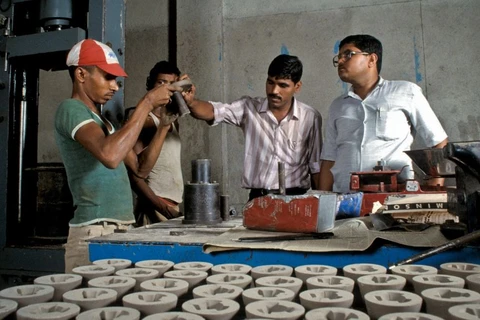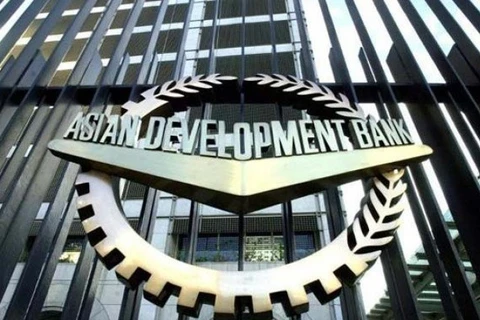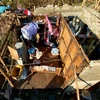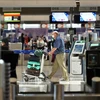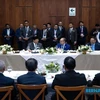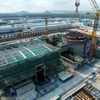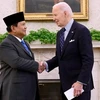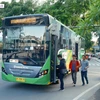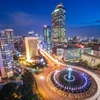Hanoi (VNA) – Asia and the Pacific will need 1.7 trillion USD per year from now to 2030 for developing infrastructure, including climate change mitigation and adaptation costs, the Asian Development Bank (ADB) said in a new flag ship report released on February 28 in Manila.
The investment is necessary for the region to maintain growth momentum, according to the Meeting Asia’s Infrastructure Needs report, which focuses on the region’s power, transport, telecommunications, and water and sanitation infrastructure. It comprehensively examines current infrastructure stocks and investments, future investment needs, and financing mechanisms for developing Asia.
“The demand for infrastructure across Asia and the Pacific far outstrips current supply,” said ADB President Takehiko Nakao. “Asia needs new and upgraded infrastructure that will set the standard for quality, encourage economic growth, and respond to the pressing global challenge that is climate change.”
The report noted that while infrastructure development in the 45 countries covered in the report has grown dramatically in recent decades, a substantial infrastructure gap remains, with over 400 million people still lacking electricity, 300 million without access to safe drinking water, and about 1.5 billion lacking access to basic sanitation. Many economies in the region lack adequate ports, railways, and roads that could connect them efficiently to larger domestic and global markets.
ADB President Takehiko Nakao reiterated the ADB’s pledge to work with member countries and use the bank’s 50 years of experience and expertise to meet infrastructure needs in the region.-VNA
The investment is necessary for the region to maintain growth momentum, according to the Meeting Asia’s Infrastructure Needs report, which focuses on the region’s power, transport, telecommunications, and water and sanitation infrastructure. It comprehensively examines current infrastructure stocks and investments, future investment needs, and financing mechanisms for developing Asia.
“The demand for infrastructure across Asia and the Pacific far outstrips current supply,” said ADB President Takehiko Nakao. “Asia needs new and upgraded infrastructure that will set the standard for quality, encourage economic growth, and respond to the pressing global challenge that is climate change.”
The report noted that while infrastructure development in the 45 countries covered in the report has grown dramatically in recent decades, a substantial infrastructure gap remains, with over 400 million people still lacking electricity, 300 million without access to safe drinking water, and about 1.5 billion lacking access to basic sanitation. Many economies in the region lack adequate ports, railways, and roads that could connect them efficiently to larger domestic and global markets.
ADB President Takehiko Nakao reiterated the ADB’s pledge to work with member countries and use the bank’s 50 years of experience and expertise to meet infrastructure needs in the region.-VNA
VNA



